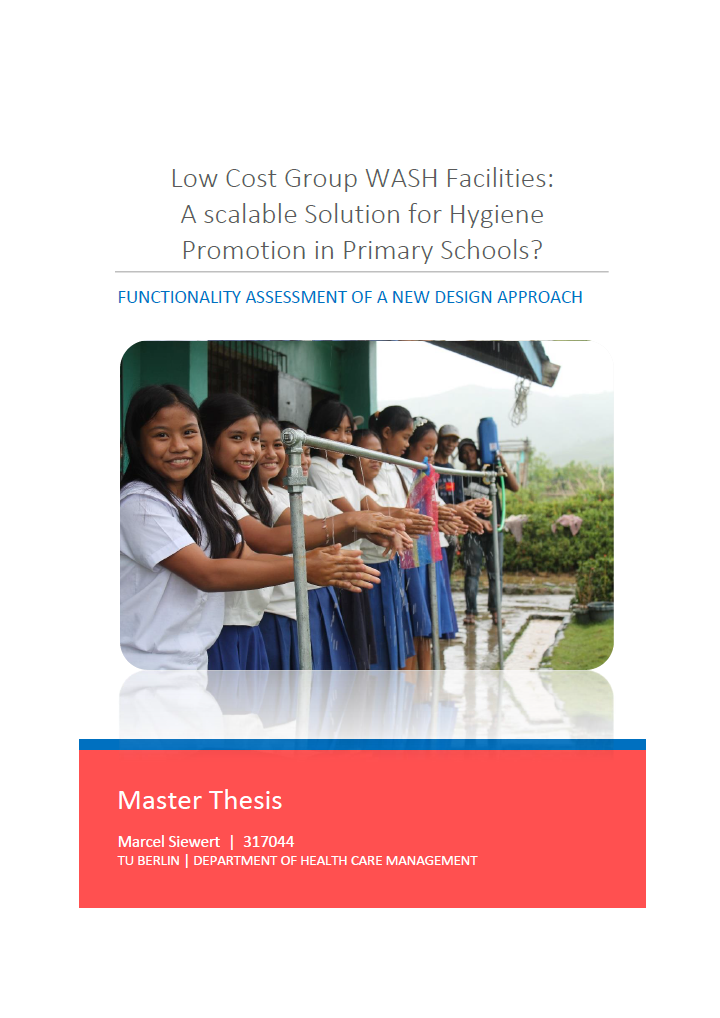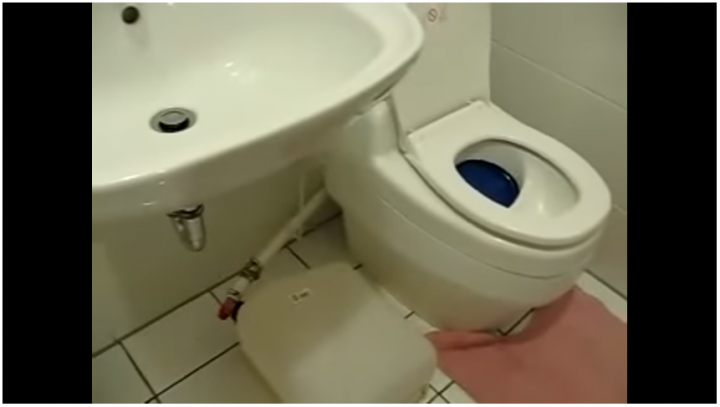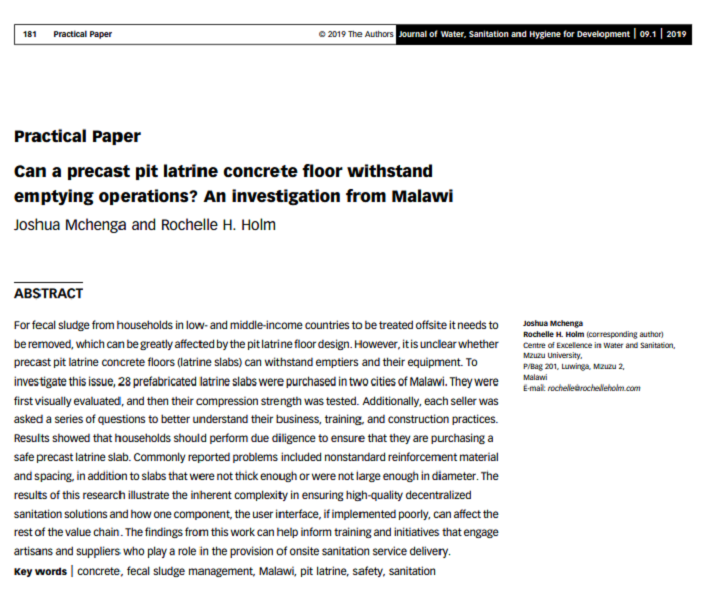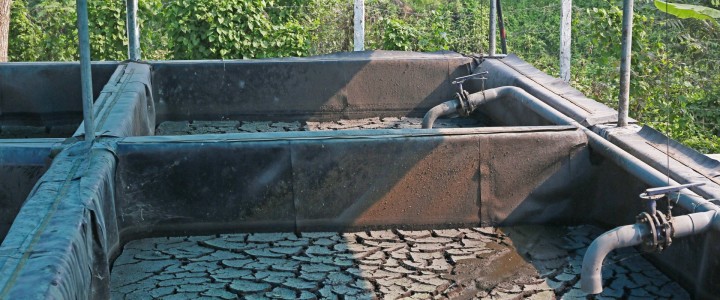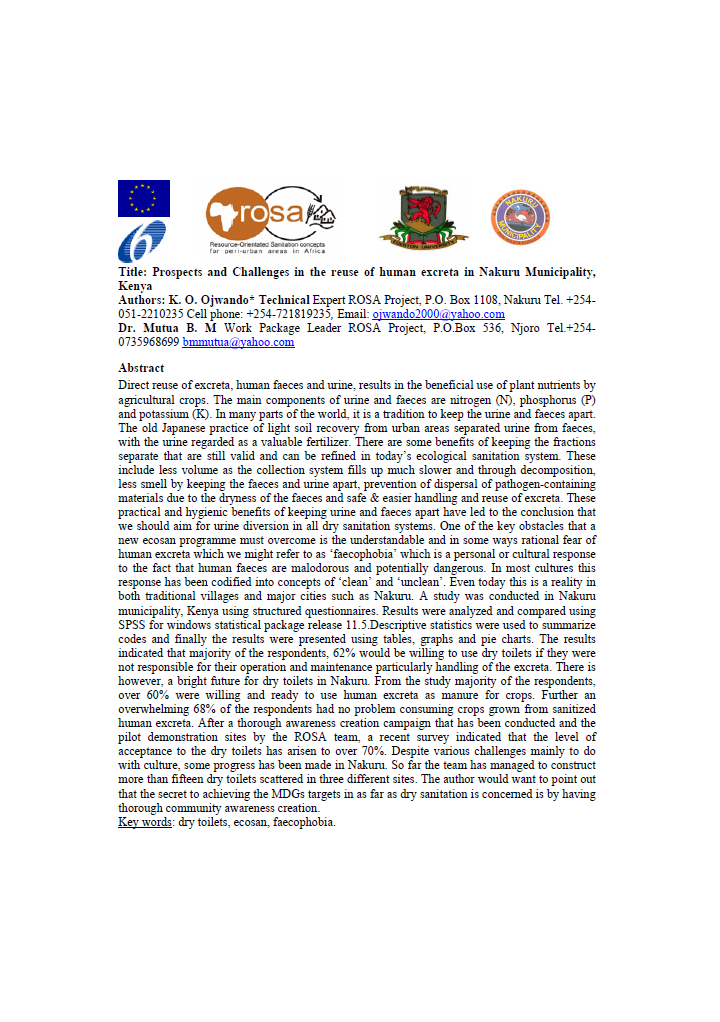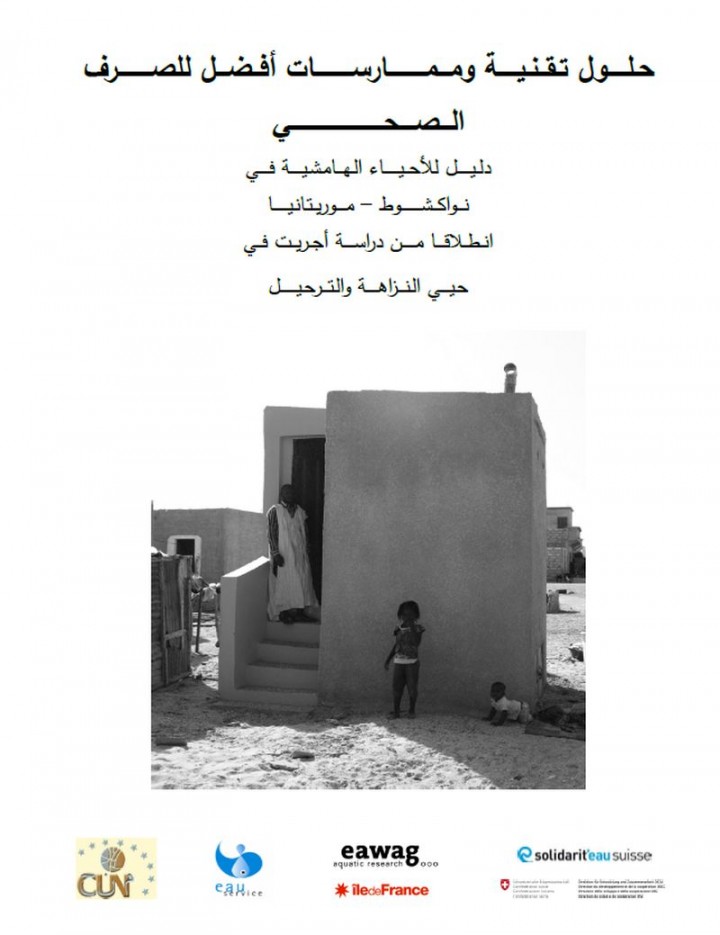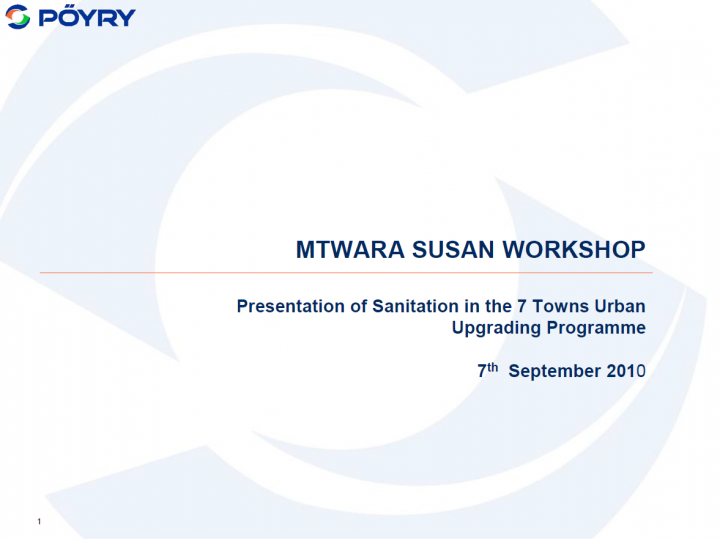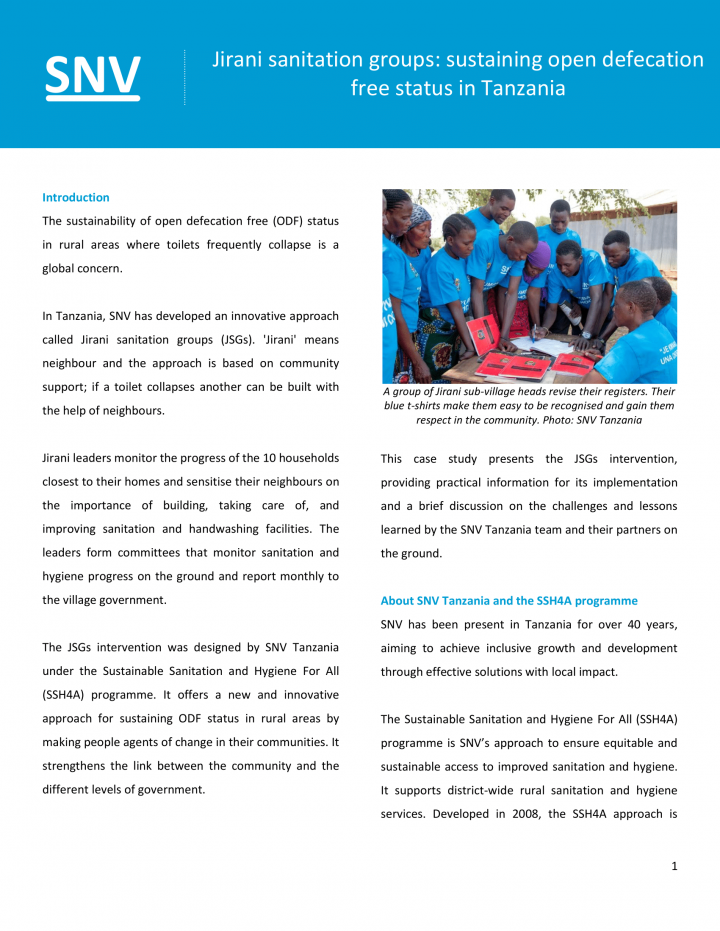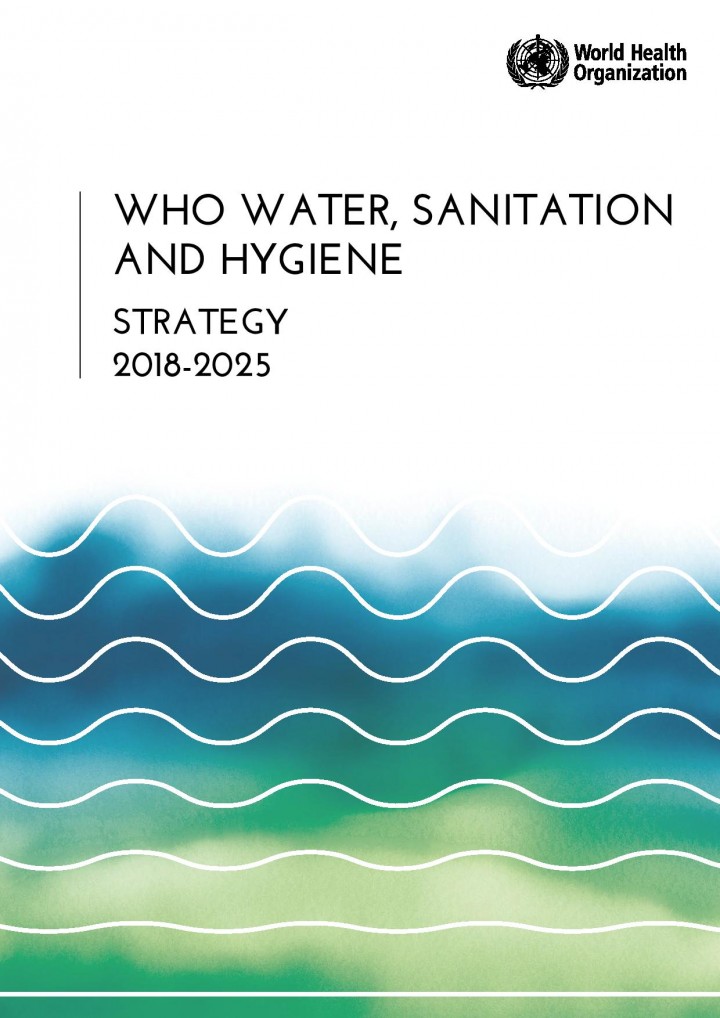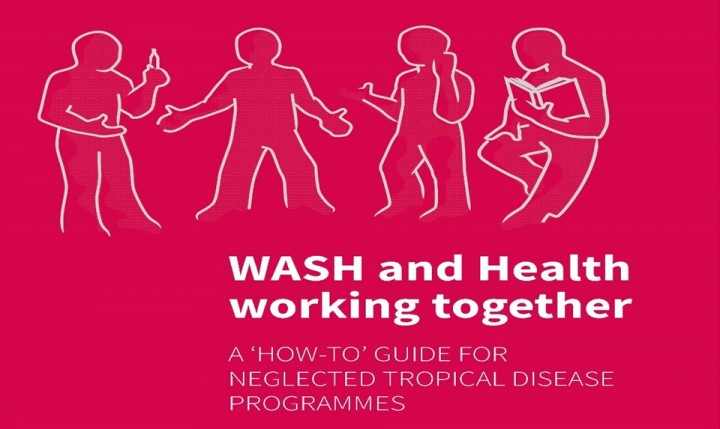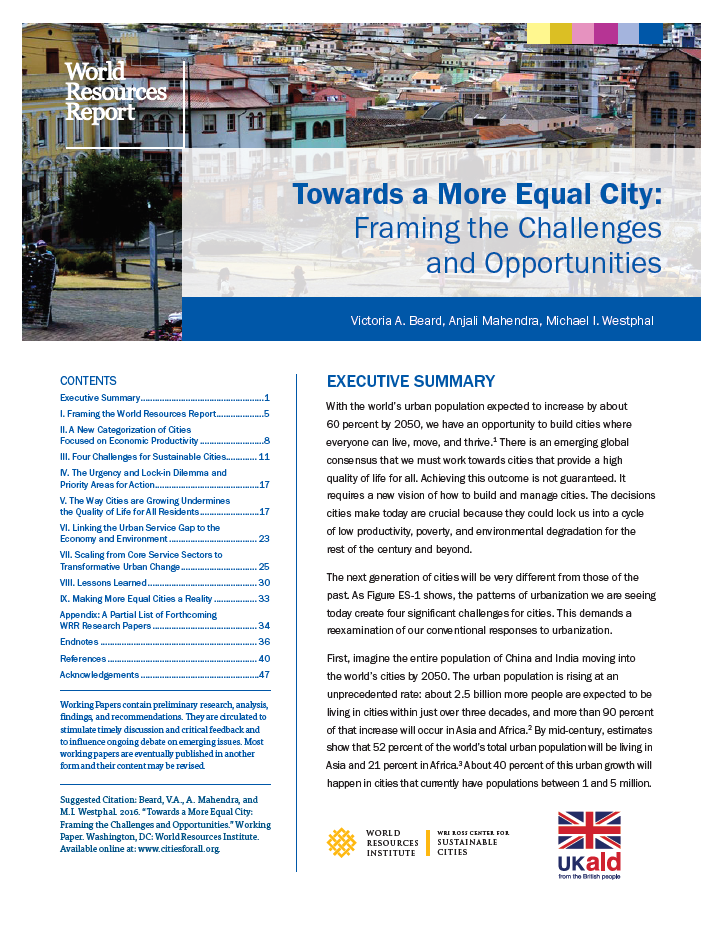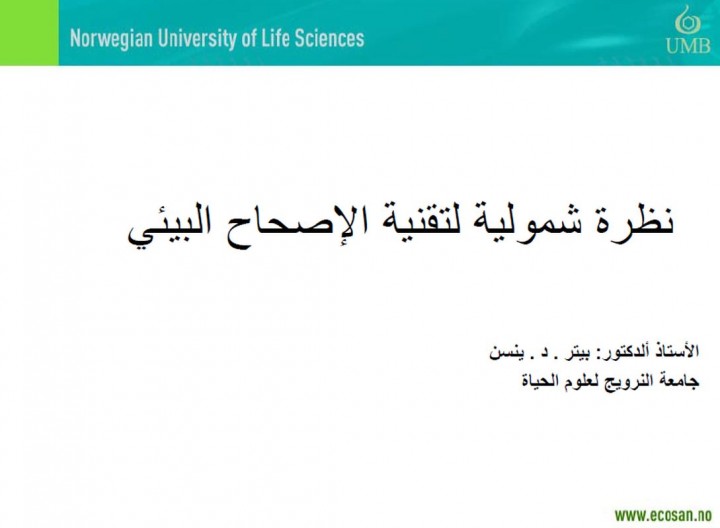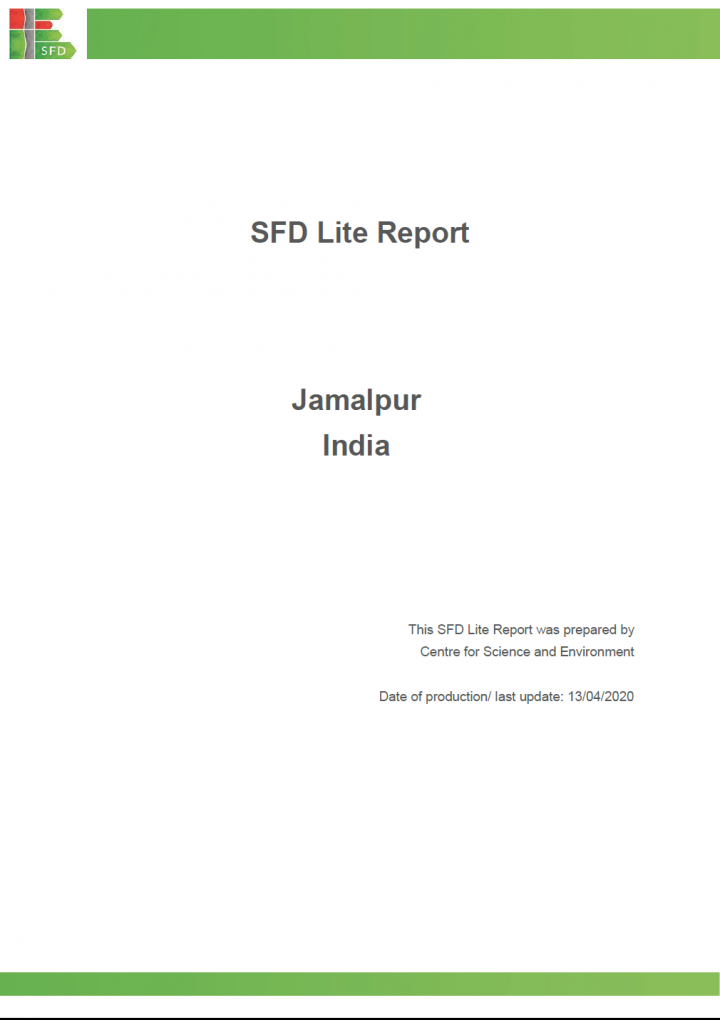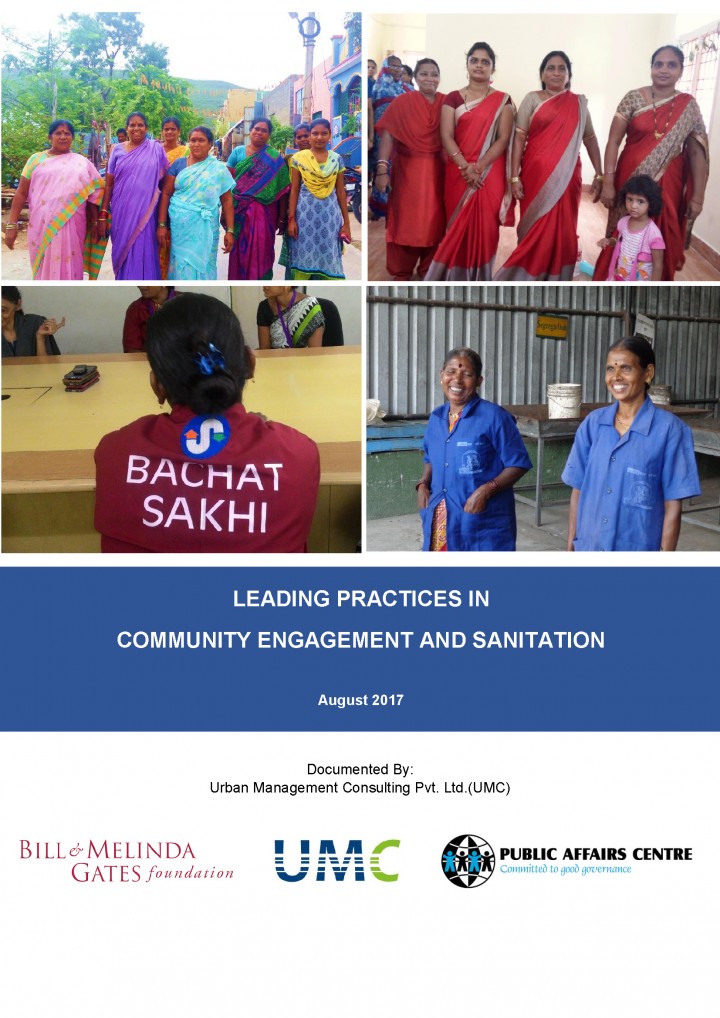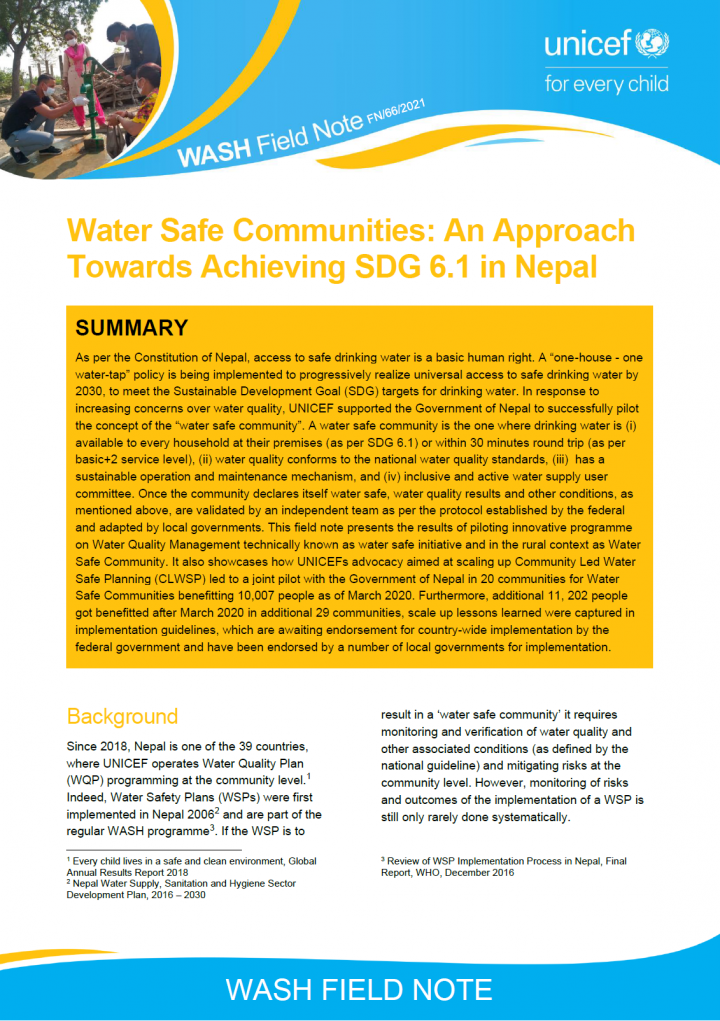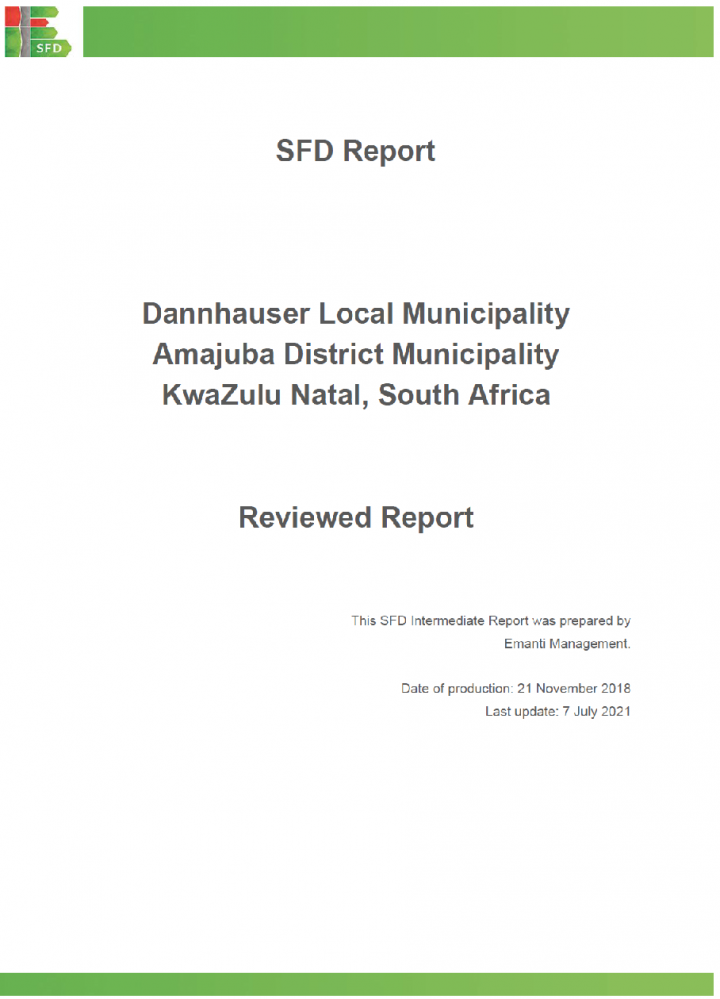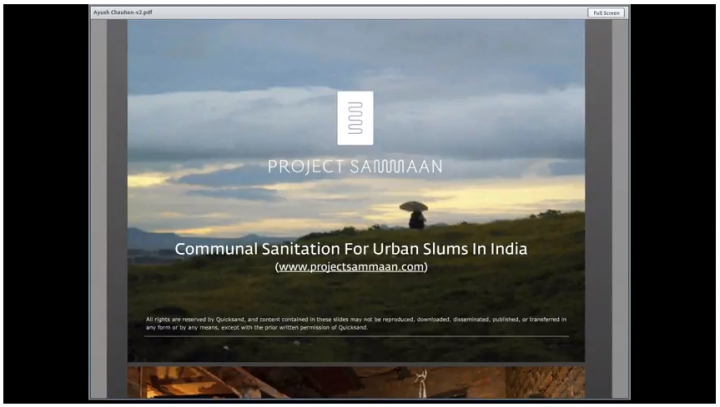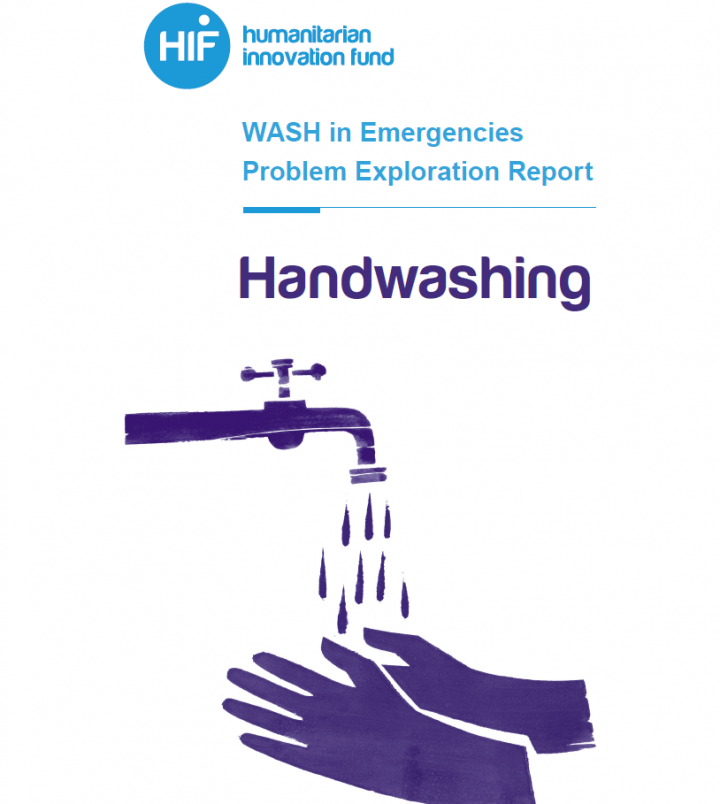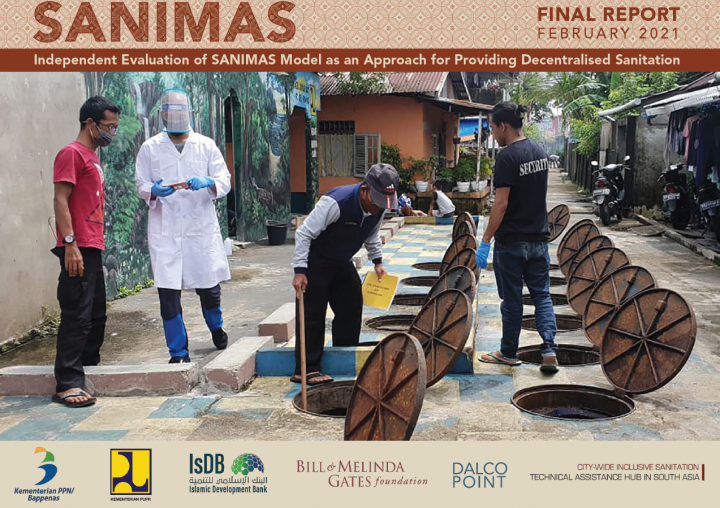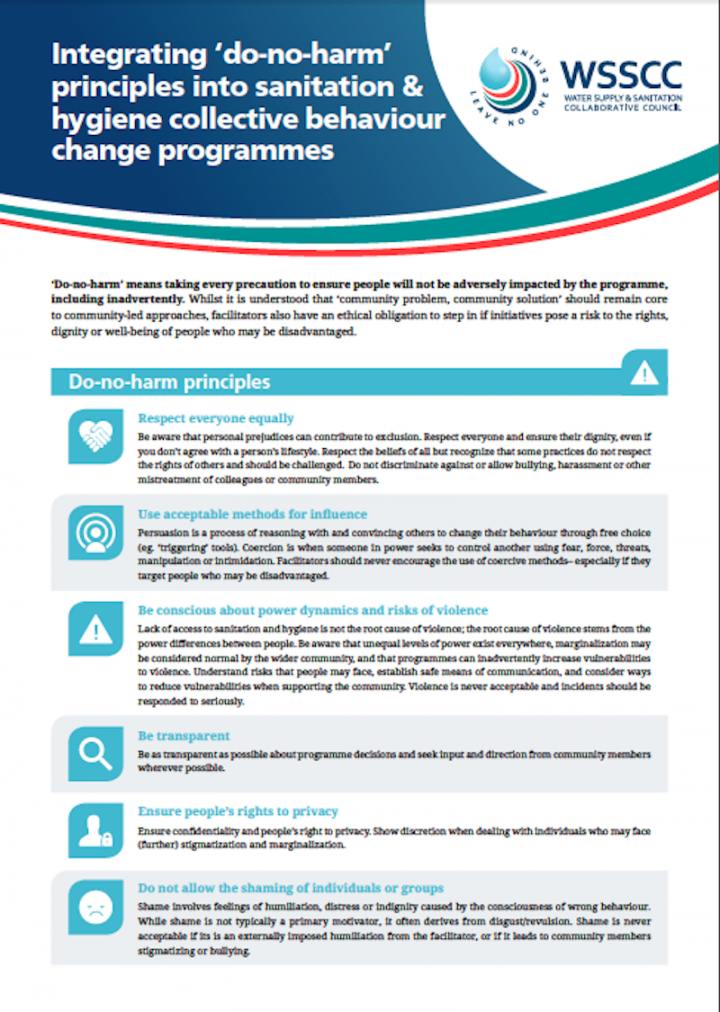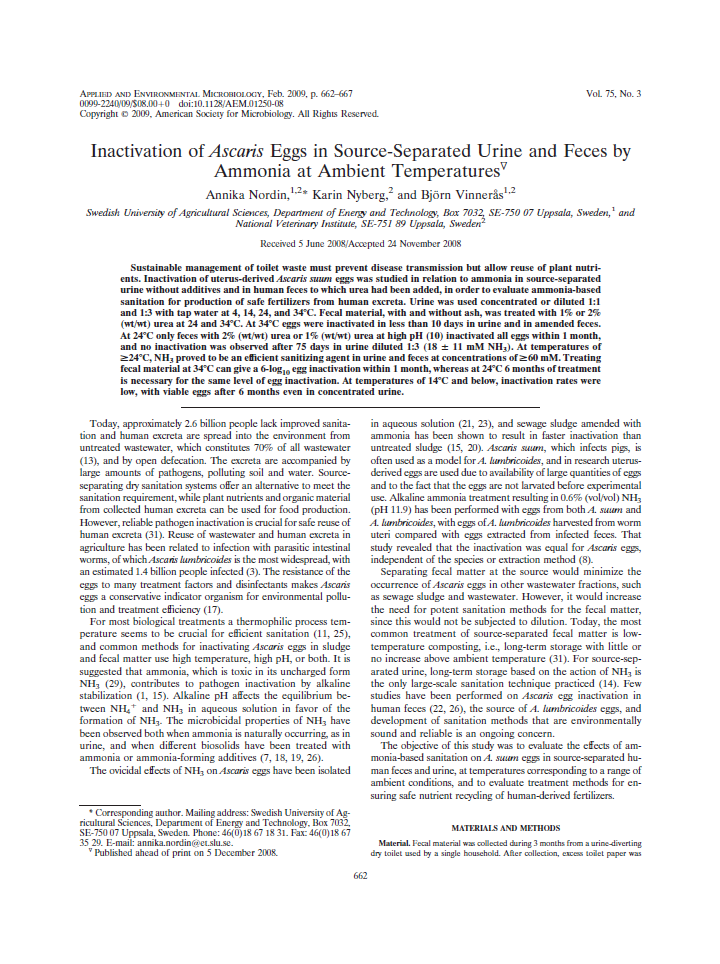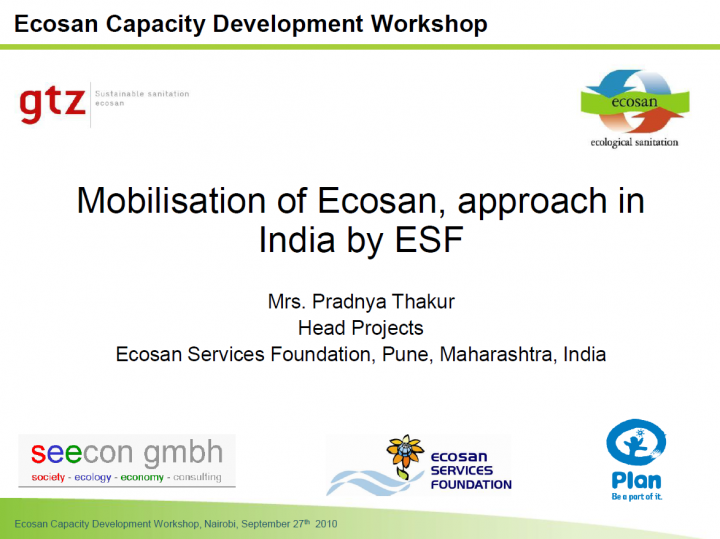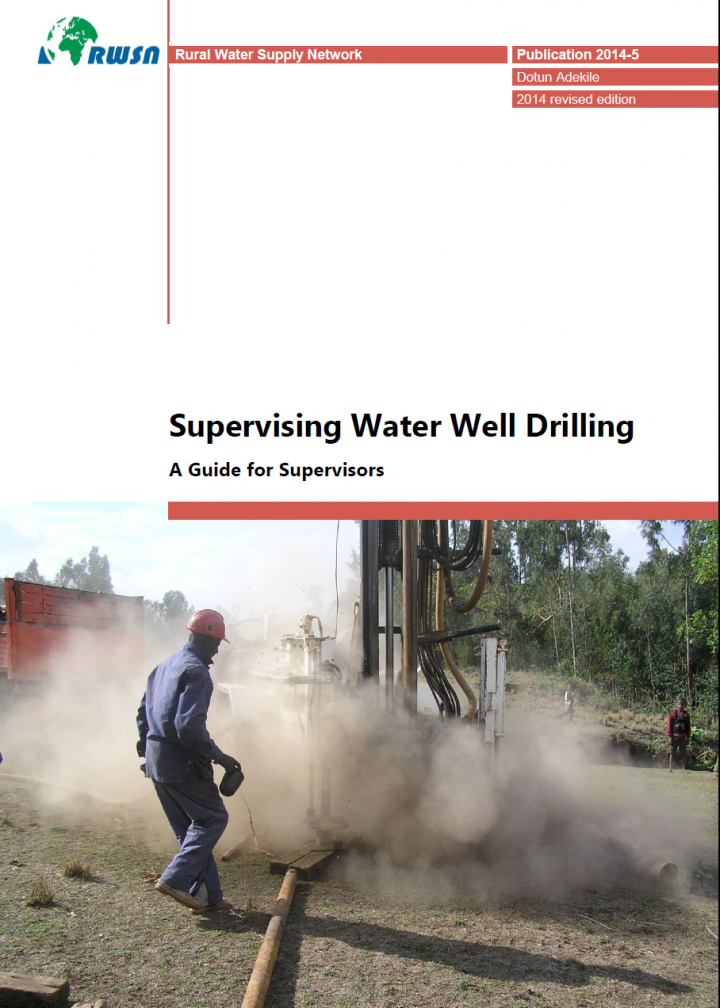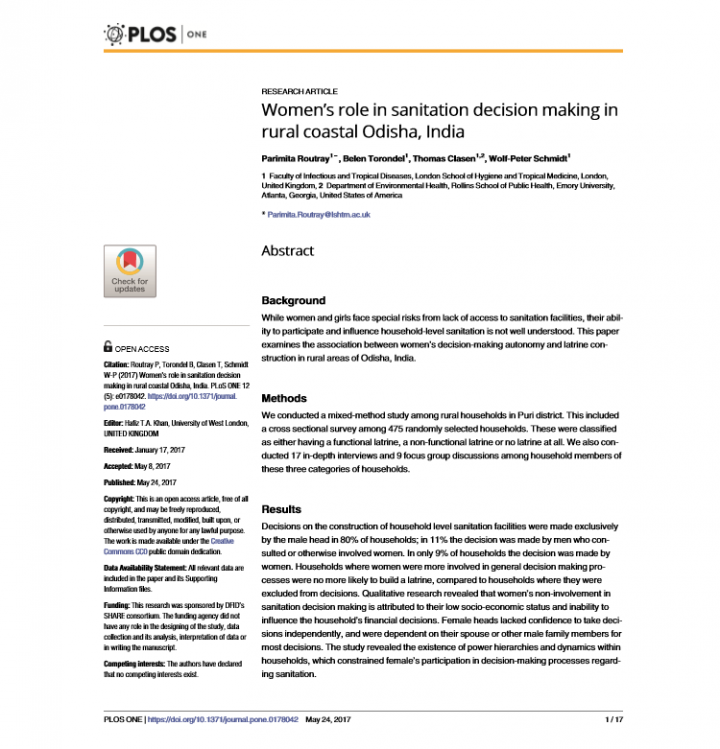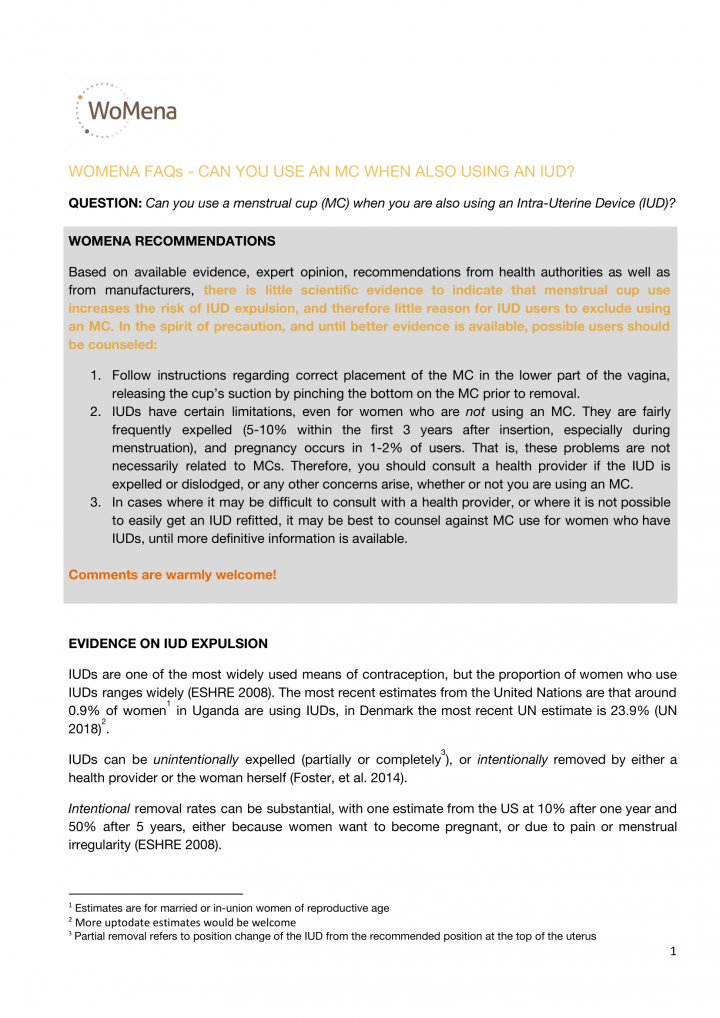Searching for information on Sanitation Workers?
The Sanitation Workers Knowledge + Learning Hub is the best source for all current news, trends, articles and updates on sanitation workers rights around the world.
For fecal sludge from households in low- and middle-income countries to be treated offsite it needs to be removed, which can be greatly affected by the pit latrine floor design. However, it is unclear whether precast pit latrine concrete floors (latrine slabs) can withstand emptiers and their equipment. To investigate this issue, 28 prefabricated latrine slabs were purchased in two cities of …
Faecal sludge management in rural areas is a fast emerging as a challenge as most toilets are single pits or containment tanks. The FSM chain, from containment and collection through transportation and treatment followed by safe reuse is very new and tenuous. While SBM II guidelines provide limited approaches, it was felt that a decision-support mechanism was needed. This thematic discussion …
The 3rd International Dry Toilet Conference was held in Tampere, Finland, on 12-15 August 2009 and was organised by the Global Dry Toilet Association of Finland in cooperation with Tampere University of Technology, University of Tampere and Tampere University for Applied Sciences.
184 delegates from 47 countries gathered together to discuss various aspects of dry/ecological sanitation.The main …
The SuSanA workshop aimed at capacity building for the Water Supply and Sanitation Authorities (WSSA) from seven towns in Tanzania which participate in the program called „Seven Towns Upgrading Program“ financed by the EU water facility and KfW (grant financed). This program is contracted out by the Tanzanian Ministry of Finance and managed by the Ministry of Water and Irrigation. It covers …
The sustainability of open defecation free (ODF) status in rural areas where toilets frequently collapse is a global concern.
In Tanzania, SNV has developed an innovative approach called Jirani sanitation groups (JSGs). 'Jirani' means neighbour and the approach is based on community support; if a toilet collapses another can be built with the help of neighbours.
This case study presents the …
The WHO WASH Strategy has been developed in response to Member State Resolution WHA64.4 and the 2030 Agenda for Sustainable Development and its Sustainable Development Goals (SDGs). It also takes on board the need for progressive realization of the human rights to safe drinking-water and sanitation, adopted by the UN General Assembly in July 2010. The 2025 end date of the Strategy is proposed to …
Recordings and presentation for the webinar jointly hosted by SuSanA, WHO and NNN on the new ‘How to’ guide for NTD programmes: “WASH and Health working together: a practical guide for NTD programmes."
Presentation held by Sophie Boisson (WHO), Leah Wohlgemuth (NNN) and Yael Velleman (Schistosomiasis Control Initiative)
This Working Papers contain preliminary research, analysis, findings, and recommendations. They are circulated to stimulate timely discussion and critical feedback and to influence ongoing debate on emerging issues. Most working papers are eventually published in another form and their content may be revised.
Jamalpur is also known as the Rail City of Bihar. It was established during the British rule for manufacture and repair of wagons, coaches, cranes. The city is located at a distance of 170 km east of Patna and 470 km North West of Kolkata. It is well connected with the rest of the country through rail and road networks.
The average annual rainfall of the district is 1231 mm and about 80% of the …
Community engagement and establishing women-led self help groups in cities across India is at the core of the National Urban Livelihood Mission (NULM). All other components of NULM, namely, self employment, skill training and entrepreneurship development have their roots in social mobilization. In contrast to the rural livelihood mission, where there are several successful community engagement …
As per the Constitution of Nepal, access to safe drinking water is a basic human right. A “one-house - one water-tap” policy is being implemented to progressively realize universal access to safe drinking water by 2030, to meet the Sustainable Development Goal (SDG) targets for drinking water. In response to increasing concerns over water quality, UNICEF supported the Government of Nepal to …
Dannhauser Local Municipality (LM) is a Category B municipality situated in the Amajuba District Municipality (ADM) in the KwaZulu Natal province of South Africa. The ADM is a Water Services Authority (WSA) for its area of jurisdiction in terms of the Water Services Act (Act 108 of 1997, Water Services Act). ADM therefore has statutory responsibilities and accountability in terms of legislation …
Innovative Sanitation Solutions for Urban Areas - a discussion with three Bill & Melinda Gates Foundation grantees. Hosted by: Stockholm Environment Institute and the Sustainable Sanitation Alliance (SuSanA) on 07 November 2013. The topic of this expert chat was "Innovative Sanitation Solutions for Urban Areas", and it was the third webinar in a series this year with the aim to give increased …
Access to water, sanitation and hygiene promotion is one of the key aspects to securing the health status of populations affected by emergencies and humanitarian crises. The impact of hygiene promotion and washing of hands with soap has wider health implications, as hands are vectors that can transport disease agents from humans to humans, directly or indirectly. Furthermore, the ability to wash …
According to RPJMN 2020–2024 figures, in 2018 almost 75 percent of the Indonesian population has
access to improved sanitation nationally. This includes almost 7.5 percent classified as safely
managed sanitation services based on Sustainable Development Goals (SDGs) 2030 definitions. These
figures are impressive considering the low base of sanitation coverage with which the country has
been …
‘Do-no-harm’ means taking every precaution to ensure people will not be adversely impacted by the programme, including inadvertently. Whilst it is understood that ‘community problem, community solution’ should remain core to community-led approaches, facilitators also have an ethical obligation to step in if initiatives pose a risk to the rights, dignity or well-being of people who may be …
Sustainable management of toilet waste must prevent disease transmission but allow reuse of plant nutrients. Inactivation of uterus-derived Ascaris suum eggs was studied in relation to ammonia in source-separated urine without additives and in human feces to which urea had been added, in order to evaluate ammonia-based sanitation for production of safe fertilizers from human excreta. Urine was …
Two ecosan workshops in Kenya, "ecosan Capacity Development Workshop" in Ugunja and "ecosan Vision workshop" in Nairobi, were organised and financed by the GTZ Program on sustainable sanitation - ecosan and the facilitating consultants Laura Kraft (freelance), Martin Wafler, Johannes Heeb (both seecon gmbh, Switzerland) and Ms. Pradnya Thakur (Ecosan Services Foundation, India). The main aim was …
Good supervision of water well drilling is essential for the provision of long-lasting water wells. This guidance note assists geologists and engineers in charge of the supervision of borehole construction as well as project managers. It can be used to prepare for training, and as a manual.
This guide details the responsibilities of the drilling supervisor at the different stages of borehole …
While women and girls face special risks from lack of access to sanitation facilities, their ability to participate and influence household-level sanitation is not well understood. This paper examines the association between women’s decision-making autonomy and latrine construction in rural areas of Odisha, India.
A mixed-method study among rural households was conducted in Puri district. This …
WOMENA RECOMMENDATIONS
Based on available evidence, expert opinion, recommendations from health authorities as well as from manufacturers, there is little scientific evidence to indicate that menstrual cup use increases the risk of IUD expulsion, and therefore little reason for IUD users to exclude using an MC. In the spirit of precaution, and until better evidence is available, possible users …

